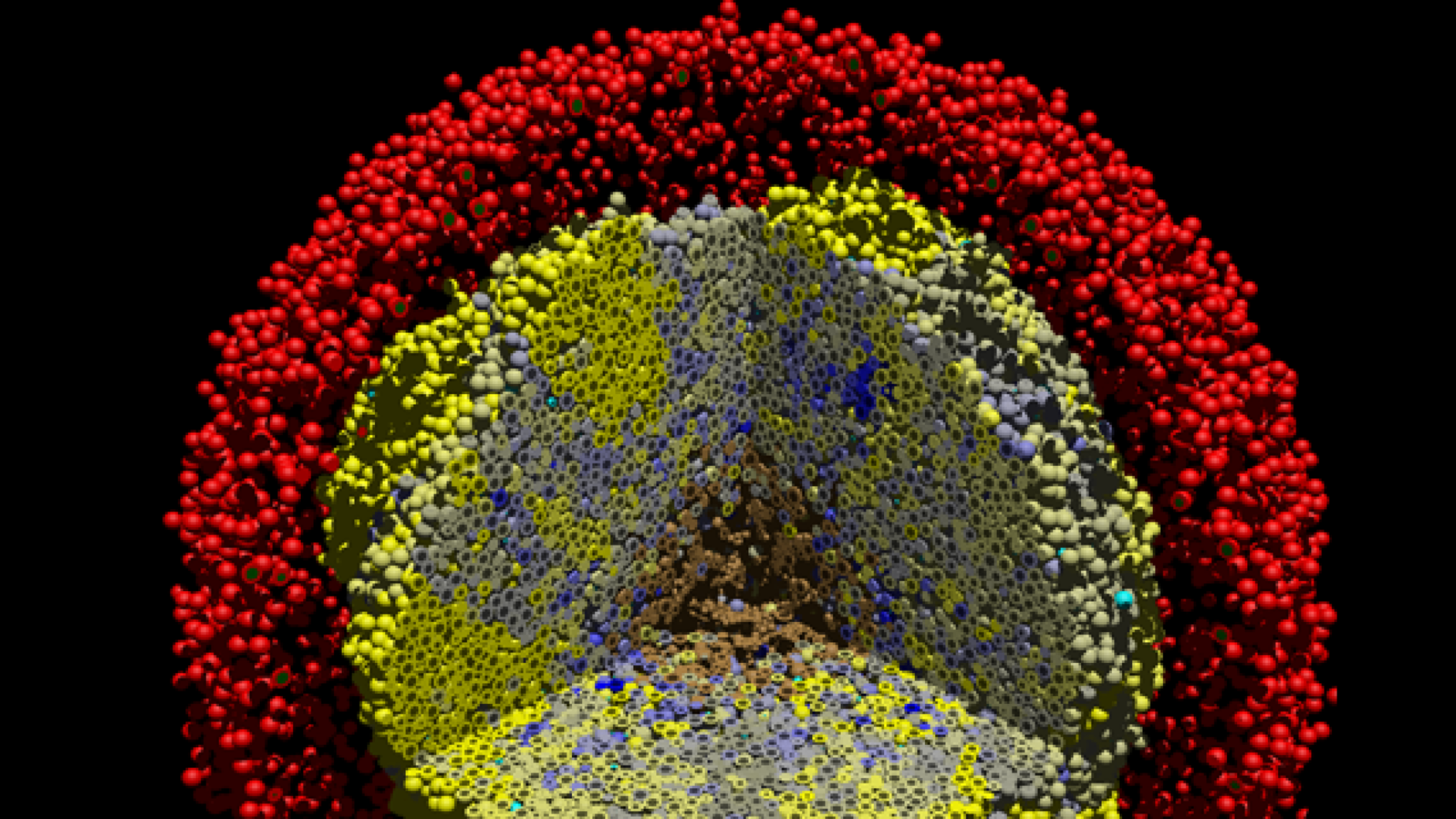Winners of the 2018 PLOS Computational Biology Research Prize
It’s time to celebrate the best of PLOS Computational Biology! In 2017 PLOS Computational Biology launched the “PLOS Computational Biology Research Prize” program with the aim to recognize some of the journal’s most outstanding Research Articles published the previous year in three prize categories: Breakthrough Advance/Innovation, Exemplary Methods/Software, and Public Impact. The 2018 PLOS Computational Biology Research Prize program celebrates Research Articles published in 2017.
The PLOS Computational Biology Editors-in-Chief would like to congratulate our 2018 winners:
—–
Breakthrough Advance/ Innovation
Accurate De Novo Prediction of Protein Contact Map by Ultra-Deep Learning Model
Authors: Sheng Wang, Siqi Sun, Zhen Li, Renyu Zhang, Jinbo Xu
—–
Exemplary Methods/Software
Unicycler: Resolving Bacterial Genome Assemblies from Short and Long Sequencing Reads
Authors: Ryan R. Wick, Louise M. Judd, Claire L. Gorrie, Kathryn E. Holt
—–
Public Impact
Oncodomains: A Protein Domain-Centric Framework for Analyzing Rare Variants in Tumor Samples
Authors: Thomas A. Peterson, Iris Ivy M. Gauran, Junyong Park, DoHwan Park, Maricel G. Kann
—–
PLOS Computational Biology considers research across all living systems. Our 2018 prizes reflect this breadth, honoring advancements in protein folding, bacterial genome sequencing, and tumor analysis.
Taking home the top Breakthrough Advance/Innovation prize is a study that addressed protein structure using ideas from the revolutionary computer science field known as deep learning. Study author Sheng Wang and colleagues at Toyota Technological Institute at Chicago, Illinois, developed a new deep learning method that improves predictions of how proteins fold and assemble into their final 3-D forms, which could help reveal new biological insights. Corresponding author Jinbo Xu says, “[PLOS Computational Biology] is a reputable and important journal in the field… [and helps to] disseminate my research results into a very broad community… I would like to see more and more people use deep learning or combine it with traditional approaches to study proteins.” Jinbo Xu hopes to use the monetary prize to attend future conferences/workshops.
The top study in the Exemplary Methods/Software category presented a new, open source program called Unicycler, which assembles bacterial genomes from DNA sequencing data. Developed by Ryan Wick and colleagues at The University of Melbourne, Australia, Unicycler successfully combines accurate but short DNA sequences with longer but error-prone data, and it outperforms other hybrid approaches. “Publication in [PLOS Computational Biology] has been beneficial to my career…”, says Ryan Wick, “It has certainly helped bring users to my software (Unicycler). I spoke to a researcher a few months back who told me they used my manuscript in their journal club – a nice surprise! I have continued to work in the field and hope to continue doing so in the future… One big question for the coming years is whether long-read sequencing will continue to improve in price, throughput, ease and accuracy.”
A new statistical analysis strategy for finding cancer-causing genetic mutations was the focus of the winning study in the Public Impact category. The novel approach focuses on “oncodomains,” protein sub-components that are more likely to contain such mutations and are shared across many different proteins. Thomas Peterson, at the University of Maryland, and colleagues used their new method to identify thousands of rare mutations linked with cancer, which could help inform cancer drug development.
About the Prize
The journal invited the community to nominate their favorite 2017 published Research Articles. From these nominations the PLOS Computational Biology Research Prize Committee, made up of Editorial Board members Dina Schneidman, Nicola Segata, Maricel Kann*, Avner Schlessinger, Lilia Iakoucheva, Ilya Ioshikhes, and Shi-Jie Chen, selected the winners. To help support future work, the corresponding author of each winning paper will receive a US$2,000 prize, with all authors receiving an award certificate.
The three winning studies will join last year’s winners in the online PLOS Computational Biology Research Prize collection. “Our Research Prize nominations highlighted the superb science performed by our community members,” says PLOS Computational Biology Editor-in-Chief Jason Papin. “We are thrilled to announce our 2018 winners, and we already look forward to the next round of nominations in 2019.”
For up to date news, follow our homepage or Twitter.
*Disclosure: Research Prize Committee member Maricel Kann is the corresponding author of the winning paper in our Public Impact category. From the time that this article was nominated for the Prize, Dr Kann was recused from judging the Public Impact category, and was only involved in the winner selection of the remaining prize categories, Breakthrough Advance/Innovation and Exemplary Methods/Software. If you have any questions, please contact the journal office at ploscompbiol@plos.org.
Further details about the prize can be found here: https://www.staging.plos.org/computational-biology-research-prize
Featured image credit: Ghaffarizadeh et al., https://doi.org/10.1371/journal.pcbi.1005991
Text adapted from press release provided by science writer Sarah Stanley.


[…] https://blogs.staging.plos.org/biologue/2018/06/01/winners-of-the-2018-plos-computational-biology-research-pr… […]